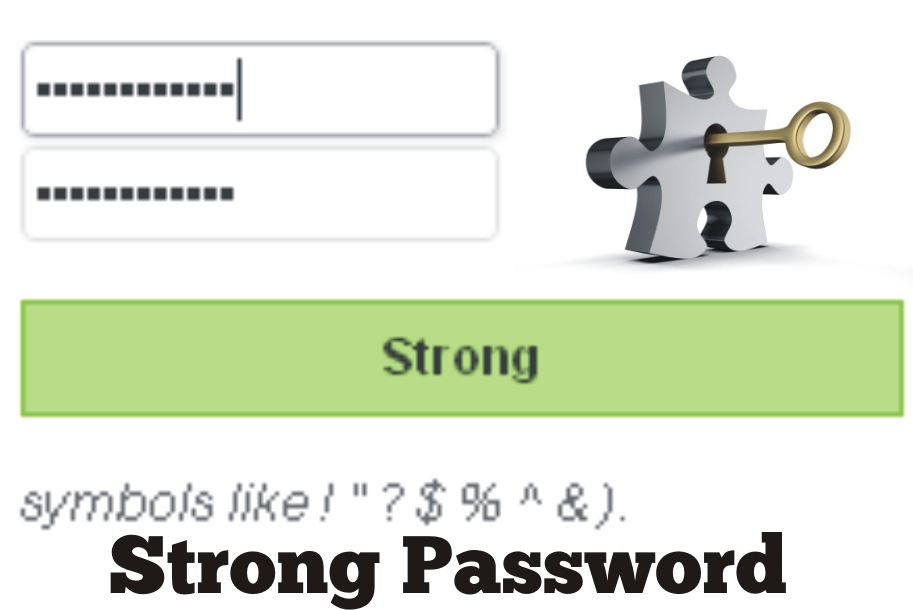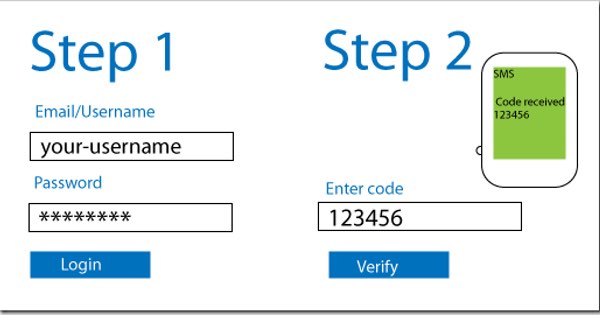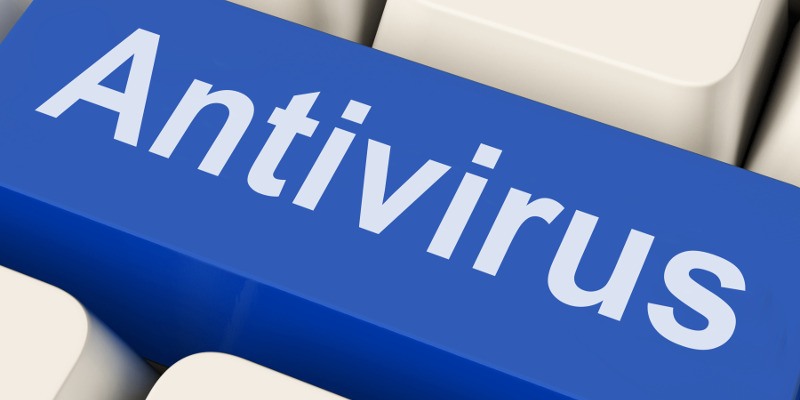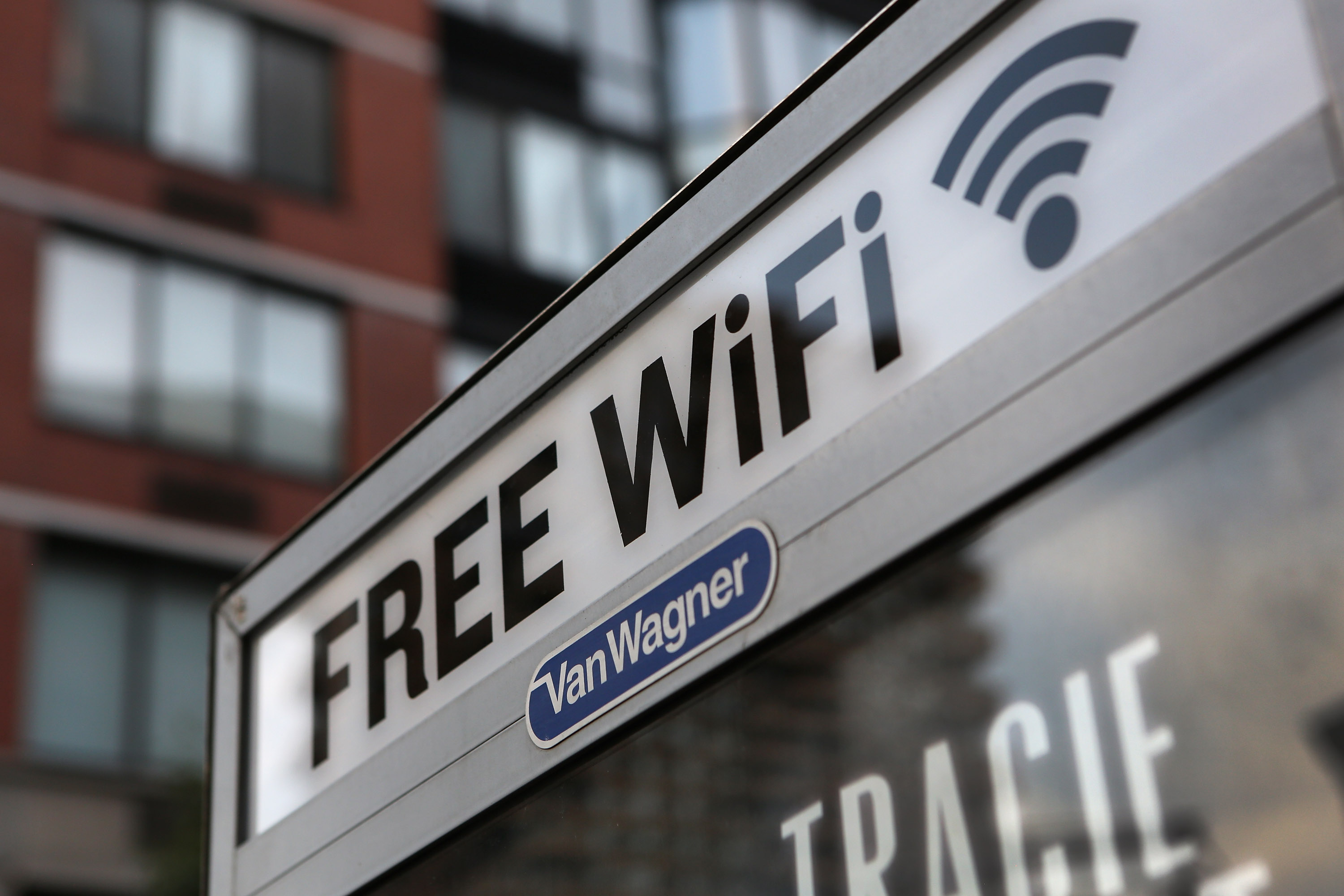Cyber Attacks | 5 ‘How To’ Tips To Stay Safe Online
- By blog writer
- Nov 24, 2017
Cyber Attacks | 5 ‘How To’ Tips To Stay Safe Online
One of the significant threats affecting almost everyone globally is cyber-crime. From governments, big corporations to individuals, no one is immune. Billions of dollars are siphoned from bank accounts through cyber-attacks. Identities are stolen, important information destroyed and generally, the lives of people put at risk because of cyber-crime. Cyber security - cyber attacks is a major concern in the technology era. Although you cannot completely eradicate the threat, there are things you can do to make it hard for the attackers to locate or access your details.

Have Strong Passwords in All Your Platforms
Whether they are email accounts, social media platforms, websites or any other platforms you use online, make sure you use strong passwords. These should include caps, small letters, numbers, and special characters. The entire password should be at least eight characters long. People tend to go for passwords they can remember easily. They also use the same passwords on all the sites they log into to. This can be dangerous.
Did you know that the number one password people use is 123456? You can now see how hackers are having a field day getting into people’s accounts. Make the work harder for them by adopting harder to crack passwords. Also, it is easier to guess passwords if you use your names, pets’ names or neighborhood. Every three months or so, change all the passwords.

Use a Two-Step Verification Method
It is not enough to have a strong password but going through a two-step verification process makes your logging attempts even stronger. With the method, those who might have the password might not be able to access the accounts. When you log in, the platform sends you a code on your phone that you use to access the site. For instance, if you are logging into your Gmail account, after keying in the password, the code will be texted to you which you will use to go ahead with the signing in process.
Also, you can subscribe to alerts on your phone or email address that notifies you whenever a logging in attempt was made from another location or device.

Use an Antivirus
It is dangerous to step into the cyberspace without being armed with an antivirus. This offers professional protection against malware, viruses and any other cyber security - cyber attacks. Hackers will find it harder to get into your system if you have an antivirus installed on your device. The antivirus detects, blocks and cleans any undesirable effects on the system. This protection should not only be for the computers but also for mobile devices. When choosing a suitable antivirus, make sure you go for reliable software that has a broad recommendation from users. You can choose a free or paid-up antivirus.

Desist from Using Free Public Wi-Fi
This is a temptation many would find it hard to resist. Free Wi-Fi means hours and hours going through your favorite sites. It also means that you can perform transactions from anywhere with ease. But the downside is, public networks are more prone to attacks. The level of protection when accessing these networks is limited. On the same note, do not use public computers unless it is necessary. The more people use a computer, the more it can be infected and prone to attacks. If you have to, you can opt not to open sensitive sites especially those that require your financial and personal details.
If you do not have a personal computer and only rely on cyber cafes, this can be harder but always make sure you log off from the sites you have accessed. Once in a while, change all your passwords. Because of using public computers, changing the passwords more often is critical to staying safe.

Limit the Information Your Share Online
Sometimes, it is hard to know who you are sharing the information with. Some of the sites and individuals you access your info with might use it against you. When sites ask for more of your details, like when you need to sign up for a newsletter subscription and the info they ask does not sound right, this should be a red flag. Also, be on the lookout even when accessing familiar websites. Hackers can create a copy of your trusted site then trick you to log in and give out personal information.
On the same note, it is not every email you receive is from a trusted source. Hackers can use email addresses that almost look like the trusted source you are familiar with. Once you click the links in the email address, your information is transferred to them.
The more you are on the alert and take necessary measures to counteract cyber attacks, the more you will be safe online. When you have the understanding that everyone is prone to cyber-attacks, you will be in a position to take more precautions whenever you are online. Enhancing cyber-security is everyone’s responsibility.


